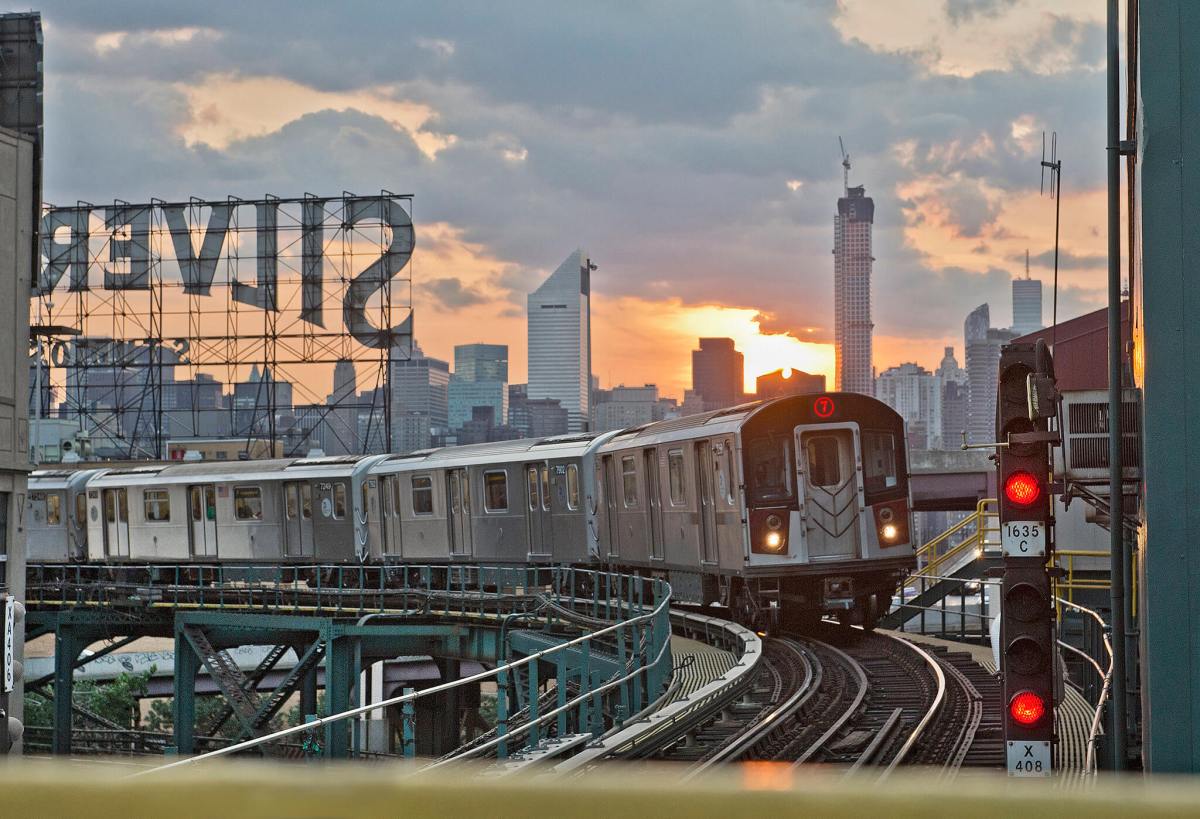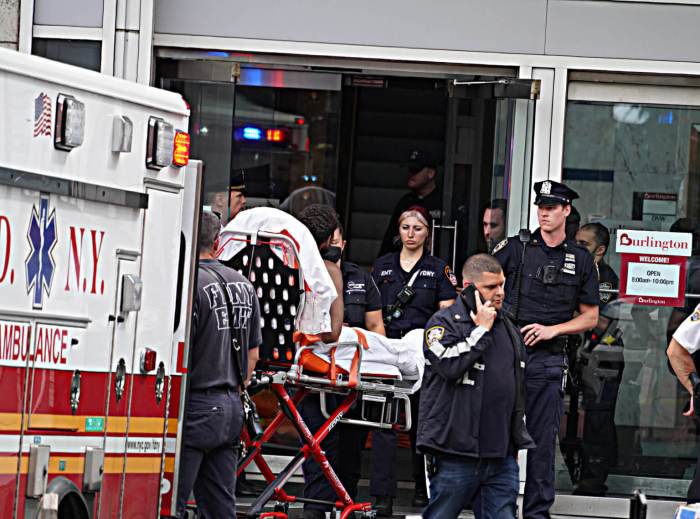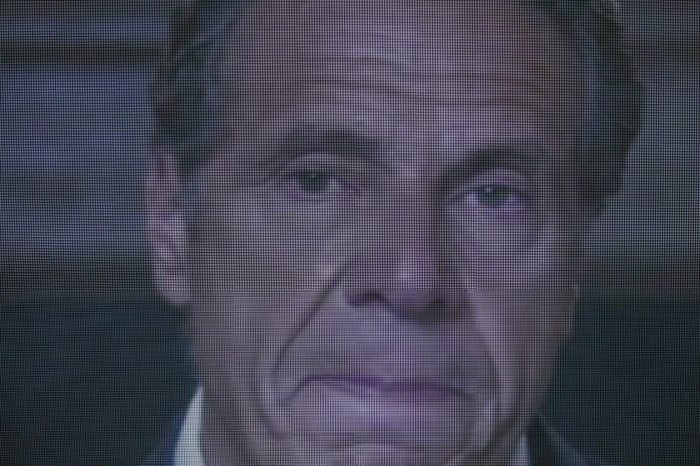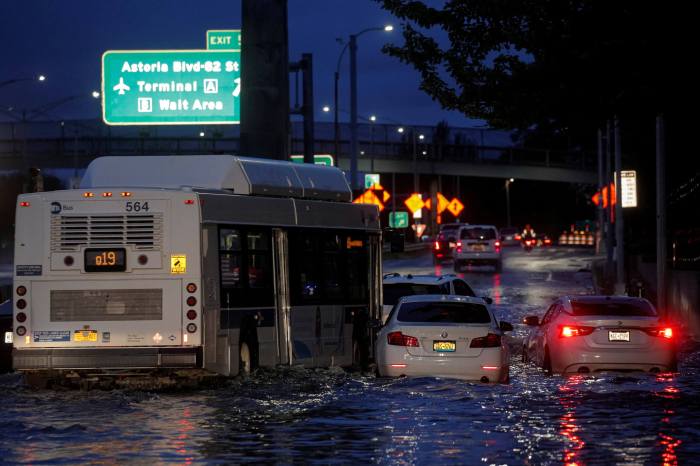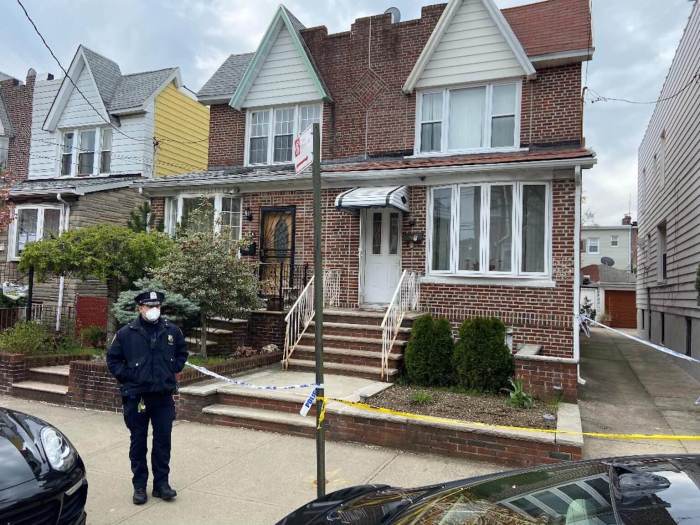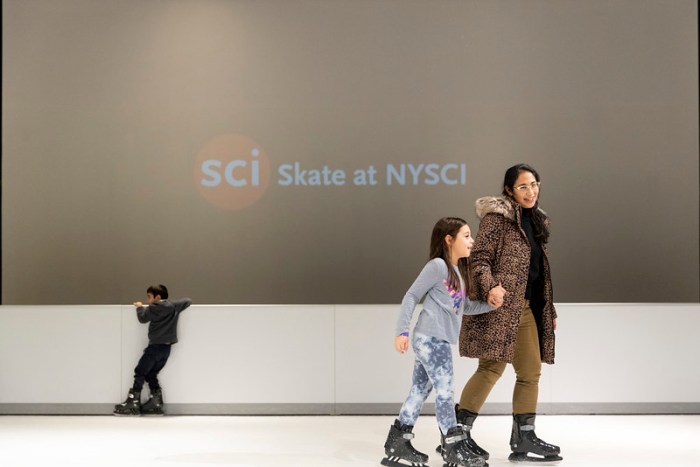While continuing to recover from the COVID-19 pandemic, New York’s sprawling transit system experienced plenty of upheaval in 2022 — from new leadership at the MTA to the prospect of a painful fare hike to close a glaring budget gap.
A lot has happened this year, so stand clear of the closing doors as we look back at some of 2022’s biggest transportation stories.
January
The new year got off to a busy start as Mayor Eric Adams kicked off his tenure at City Hall with a surge of police presence and homeless outreach in the subway system, ahead of the first of many headline-grabbing crimes underground: the death of Michelle Go, who was pushed onto the subway tracks by a disturbed stranger.
Governor Kathy Hochul nominated Janno Lieber as her choice to lead the MTA; he would ultimately be confirmed. With the pandemic still in full force, the governor and her new transit boss pledged not to hike transit fares in 2022, while in her State of the State address, Hochul proposed a brand new mass transit line called the Interborough Express, running on underutilized freight rail between Brooklyn and Queens to fulfill a longtime dream of railfans.
January also saw the retirement of the R32 Brightliners from the subway’s rolling stock, after 58 years in service, the longest tenure for any subway cars in history and among the longest in any mass transit system on Earth. The month concluded with the opening of LaGuardia Airport’s new, $4 billion Terminal B, which was followed by Terminal C a few months later.
February
February saw the city’s Department of Transportation propose new guidelines for a permanent outdoor dining program, which would shed the city of curbside restaurant sheds. Negotiations over the permanent program remain ongoing and tense. DOT also made a number of pledges early in 2022 for the first year of the Adams admin, including to fortify 100 miles of bike lanes and make 1,000 dangerous intersections safer.
The second month also saw the MTA commit to piloting platform doors at subway stations following Go’s death. The agency bookended February by launching a new “fare-capping” program, providing free rides to OMNY users after 12 swipes per week.
March
In March, the MTA onboarded a new head honcho for the city’s subways and buses as Richard Davey became head of New York City Transit. Davey, who joined the MTA after a stint as Massachusetts Transportation Secretary, has frequently spoken of better customer service as his “north star.”
Davey’s appointment came as more and more straphangers began shedding their masks on the train, even as the MTA formally kept its mask mandate in place. At the end of the month, amNewYork Metro was the first to report details on the new draft redesign proposal for the bus map in Queens.
April
Transit news in April was dominated by public safety concerns as the system faced perhaps 2022’s most notorious transit crime: the April 12 mass shooting aboard a crowded rush hour N train in Sunset Park, Brooklyn that left 29 straphangers injured. After a 30 hour manhunt, police arrested and charged Frank James with the crime, for which he remains the sole suspect. Facing a federal terrorism indictment, James ultimately opted to plead guilty to the crime.
Before that, with gas prices surging and drivers feeling pain at the pump, the New York state budget included a “holiday” on gas taxes — a move transit advocates criticized as robbing the transit system of much needed revenue to give drivers a financial break.
May
May began with the full return of the 5 Boro Bike Tour, and ended with the rebranding of long-stalled East Side Access project as Grand Central Madison, with eyes toward opening the project at the end of 2022.
In the interim, the city was once again on edge after Goldman Sachs trader Daniel Enriquez was brutally shot and killed on a Q train heading over the Manhattan Bridge. The suspect, Andrew Abdullah, was arrested after attempting to turn himself in with the help of “bling” Bishop Lamor Whitehead. The NYPD also faced pushback from advocates after cuffing a fruit vendor at Broadway Junction.
June
The State Assembly and Senate approved a program in June to turn on New York City’s speed cameras 24/7 for the first time, around the same time the shiny new Terminal C opened at LaGuardia Airport.
The dominos kept falling for masking on the train this month, and the MTA settled a pair of major lawsuits from disability advocates, agreeing to make 95% of its subway stations compliant with the Americans with Disabilities Act by 2055.
July
July was a tough month for the NYC Ferry, with City Comptroller Brad Lander releasing a bombshell report showing the city hid nearly a quarter billion dollars in costs for the waterborne transit system. Just days later, Mayor Adams announced the fare for a ferry ride would bump up from $2.75 to $4.
More dominos fell for the transit mask mandate as the MTA started removing the iconic pandemic-era yellow signs urging riders to stop the spread, while the MTA began more urgently warning lawmakers of an impending “fiscal cliff” with stagnant ridership and receding federal COVID aid.
Meanwhile, Governor Hochul’s massive Penn Station project cleared key procedural hurdles, and the MTA promised to roll out cellular service in underground subway tunnels and wifi at above-ground stations.
August
August began with the city, for the first time, turning on its speed cameras 24/7 after the permanent program was approved by the Legislature. Later in the month, the MTA sought for the first time to entirely ban someone from the transit system, hoping a man accused of assaulting a station cleaner would get booted from subways, buses, and commuter rails.
The big news this month was the MTA finally releasing a range of potential tolls to be levied on drivers once New York finally implements congestion pricing in Manhattan’s central business district. The controversial program, approved in 2019 but bogged down by numerous procedural obstacles, could make motorists fork over up to $23 per crossing if they wish to drive into Manhattan.
September
It finally happened in September: the MTA ended its mask mandate on transit, closing one of the last vestiges of COVID-19 era mandates and restrictions. The agency sustained significant backlash for a campaign telling riders it was ok to just “do you,” however you want to wear a mask or lack thereof.
That came as honchos altered their estimates for the Gateway Tunnel boondoggle, forecasting it won’t be done till 2038 at a cost of $16 billion. Busy September also saw construction start on JFK Airport’s new Terminal 1, the MTA piloting space for strollers on its buses, and the city reaching a deal with a major lender to restructure cabbie medallion debt.
The MTA promised to install surveillance cameras on every train car, evoking the watchful eye of Big Brother, while Council Speaker Adrienne Adams threw shade on the city’s outdoor dining program, making known her preference for parking over curbside sheds as the Council deliberated over the program’s fate.
October
October was one of the transit system’s grisliest months in memory, with three high-profile murders, bringing homicides underground to 9, the most in at least 25 years. Numerous other high-profile assaults, robberies, and other crimes ultimately led the city and state to announce a surge of cops in the system, aiming to establish “omnipresence” and deter would-be wrongdoers. Crimes declined the following month, but so did arrests, including for fare evasion.
On the surface, Mayor Adams announced the city had exceeded its goal of making 1,000 dangerous intersections safer by the end of 2022, though the following month, the intersection where he made the original pledge saw a pedestrian die in a hit-and-run.
November
The MTA, facing a severe cash crunch, proposed a budget calling for major cost-cutting and fare increases, which could bring the price of a subway or bus ride above $3 for the first time. The agency is set to vote on the final budget in December.
The Taxi & Limousine Commission voted in November to provide yellow cab drivers with their first rate hike in a decade. The TLC also voted to lift compensation for rideshare drivers, though Uber is suing to stop it and has halted the raise for now.
December
December kicked off with the MTA unveiling a draft plan to redesign bus routes in Brooklyn and opening up Fifth Avenue to pedestrians for holiday weekends, to smashing success. The mayor proposed a controversial new plan for the Brooklyn-Queens Expressway, and alleged subway shooter Frank James pled guilty to terrorism charges.
The year is ending without the promised opening of the new Grand Central Madison terminal, which should be expected early in 2023, and with the MTA voting to approve a fare hike, the exact amount of which is still to-be-determined. Stay tuned with amNewYork Metro in the new year to see how these and other stories play out!



